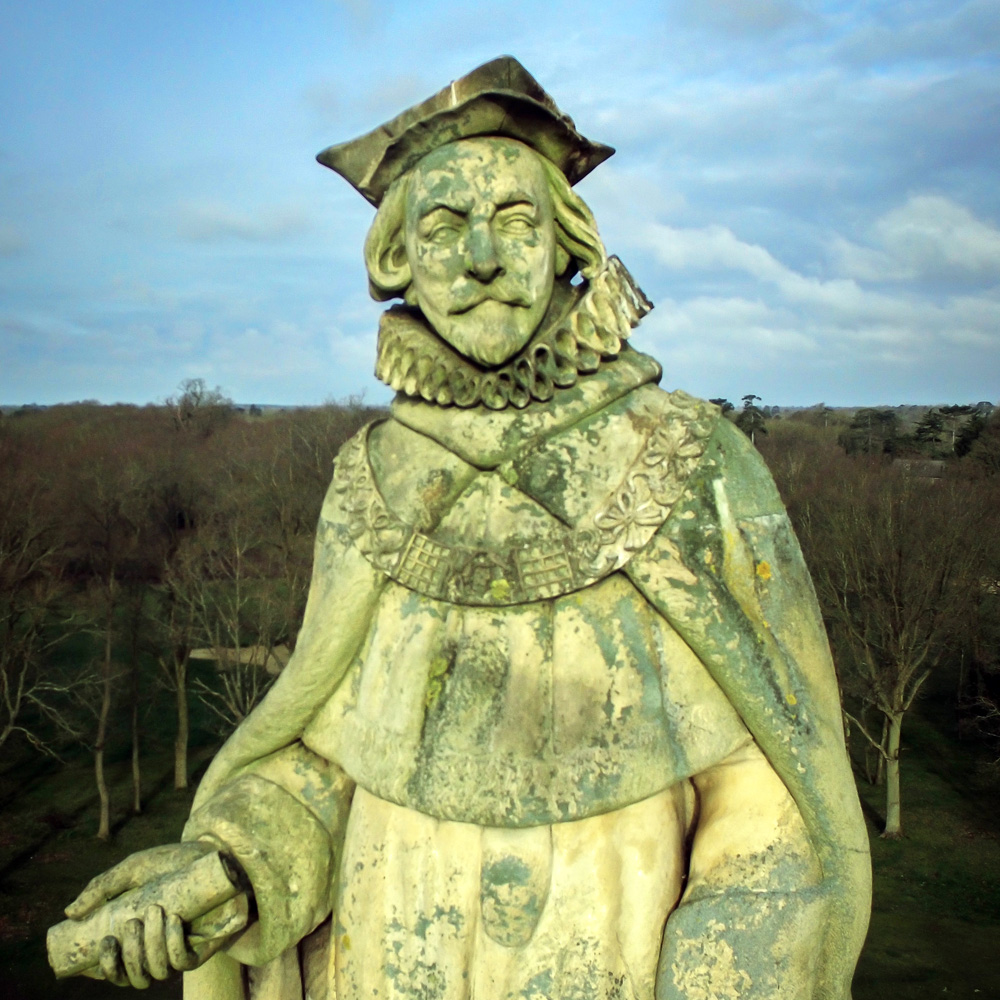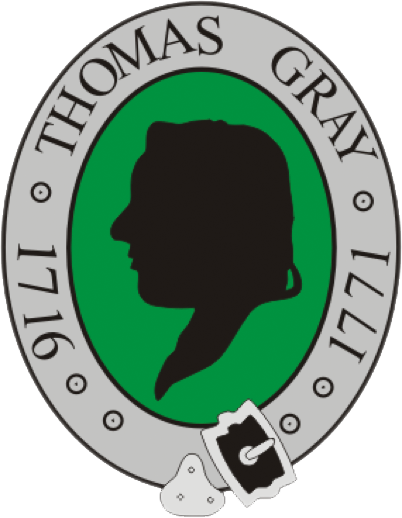Sir Edward Coke
First Lord Chief Justice of England who lived in the Manor House
Sir Edward Coke (1552 – 1634) came from Norfolk and was educated at Trinity College, Cambridge, before becoming a barrister in London. He soon made his name which resulted in being appointed as the Solicitor General and then Speaker of the House of Commons. In addition to being a jurist, he was a politician. He was promoted to Attorney General, and in this position he is remembered to this day for successfully prosecuting Sir Walter Raleigh and the Gunpowder Plot conspirators.
In 1598, Coke rented the Manor House from Queen Elizabeth I and then bought it from the Crown on her death in 1603. Whilst renting it, he entertained the Queen in the house, presenting her with jewels and gifts amounting to £1,200.
As a judge, he rose to the top. He vehemently promoted the supremacy of the common law against the monarch's royal prerogative. Coke stated that the king cannot change any part of the common law nor create any offence by proclamation that was not an offence before. Coke's greatest parliamentary hour came in 1628, when his bill of liberties against royal prerogative — which he had fashioned from ancient precursors, including the Magna Carta — was presented to King Charles I as the Petition of Right. His judgement was used in 2019 when the Supreme Court ruled that the Prime Minister's advice to the Queen Elizabeth II that parliament should be prorogued at the height of the Brexit crisis was unlawful.
In retirement at the Manor House, Coke wrote a lot, including completing his greatest work called 'Institutes of the Lawes of England'. He died in the Manor House at the grand age in those days at 82 years old. He had married twice. His second wife was Lady Elizabeth Hatton who was extremely wealthy, died 10 years later and left the Manor House to Sir John Villiers, Viscount Purbeck, Sir Edward's son in-law. During his life he bought many estates, such that the wealth passed down the generations to the current Earl of Leicester, a Coke, at Holkham Hall, Norfolk.
A monument to remember him stands in the grounds of Stoke Park. It was erected in 1800; commissioned by John Penn of Stoke Park; designed by James Wyatt, with a life-size figure of Coke at the top which was sculpted by Charles Rossi. At 58 feet high, it's said that he looks east over to the London Law Courts.
He had a profound influence on the development of English law, the English constitution and laws around the world. His Reports and Institutes have embodied England a coherent constitution.
The phrase, 'An Englishman’s home is his castle' comes from his judgement in 1604, known as Semayne's case and was used is his 'Institutes'. The 'Institutes' fundamentally shaped the US Constitution, particularly the Fourth Amendment.

